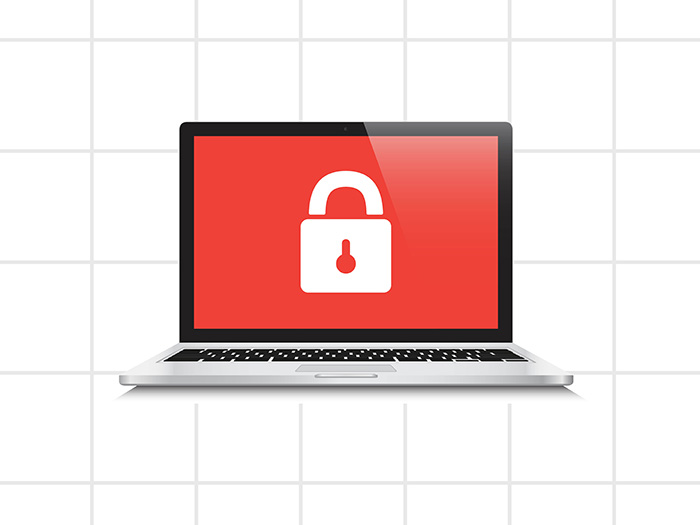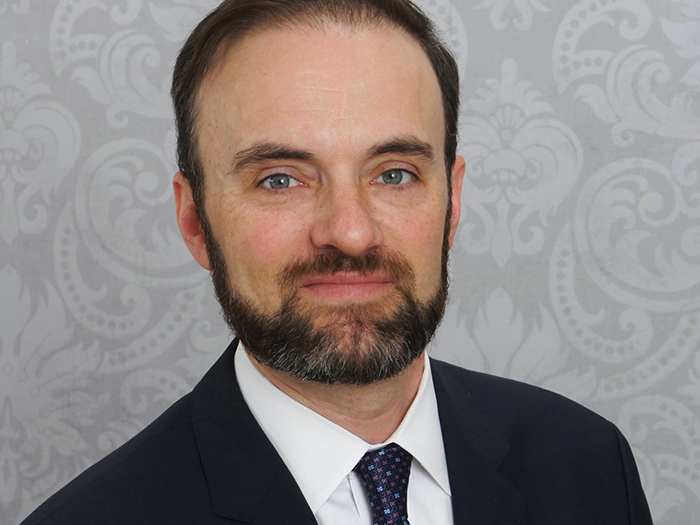Perspective | How Insurance Underwriters Can Be Reasonable When the Government Is Not
I’m glad 2021 is over. It was a very bad year.
The plague-related horrors that so many faced didn’t much affect me. I work from home and rarely leave at the best of times.
No, my 2021 owed its unique stink to the authorities. Regular readers may recall that financial insufficiency in later life has been my greatest fear. I shouldn’t have tempted fate by mentioning it: Last summer, government involvement bankrupted me, temporarily anyway.
Rather like the tale of Jericho and Joshua, it was decided that the walls of my apartment building should come tumbling down and be replaced, to improve fire safety.
From Detour, a 1945 movie: “Fate, or some mysterious force, can put the finger on you or me, for no good reason at all.”
My sudden ruin was not my fault — but then all bankrupts say that, I would imagine.
Background: In 2016, 72 people died when faulty external cladding at Grenfell, a public housing tower block in London, intensified the speed and effect of a calamitous fire. The British government consequently enacted a stringent new retrospective building code for tall residential blocks, cladded or not.
I lived in one that was not.
A lack of qualified inspectors and insanely short lead times meant that thousands of apartment buildings across Britain couldn’t meet the regs before the buildings insurance renewal fell due.
Like that of the old lady who swallowed a fly, my life became a progressive catastrophe, disaster piling upon disaster. The apartment was rendered worthless overnight, but I still had to pay $250,000 for remediation. Plus, if the building was uninsurable, my mortgage would have been payable in full at once.
It looked as if I’d have to sell everything down to my last cufflink, that grand old potential obligation of Lloyd’s Names, leaving me nothing, not a sausage (patty or link).
To those surprised by my resigned acceptance of this ghastly fate, I pointed out that “bankrupt” is just another word or “nothing left to lose.”
I began planning to live in a rotting shack in a field. I’ve done it before, in Bermuda, where life is so expensive that a shack can be an attractive option. A nail-biting month ensued, when all seemed lost.
Then — cue stirring music — the insurance company rode to the rescue.
The building’s insurance was renewed, at a strikingly low premium. This wasn’t altruism. The insurance company knew what the government couldn’t understand: The buildings were safe enough. Not long afterwards, the government agreed to pay for most of the improvements.
I didn’t just dodge a bullet; I dodged a warehouse full of the highest caliber ammunition.
In a flash, I reverted from being essentially homeless to my former status as an all-around non-bankrupt. Imagine the relief. I have had to seek shelter elsewhere at my own expense for a few years while the work proceeds, and now live in the coldest apartment outside Antarctica.
What did I learn from it all? Don’t panic. Never, ever buy a leasehold property. Oh, and buy as much insurance as possible, as often as possible.
And then buy some more. &










